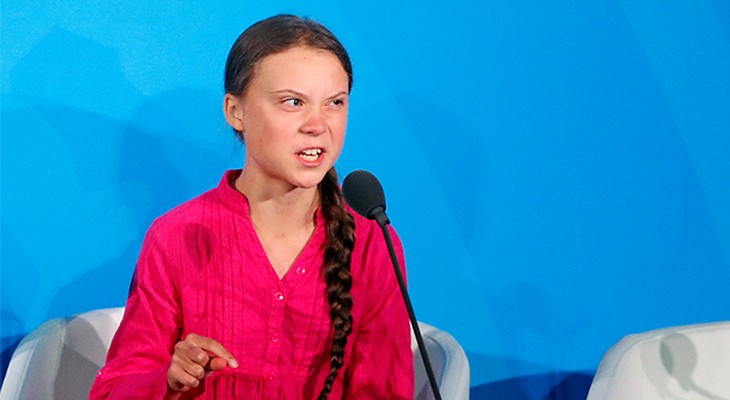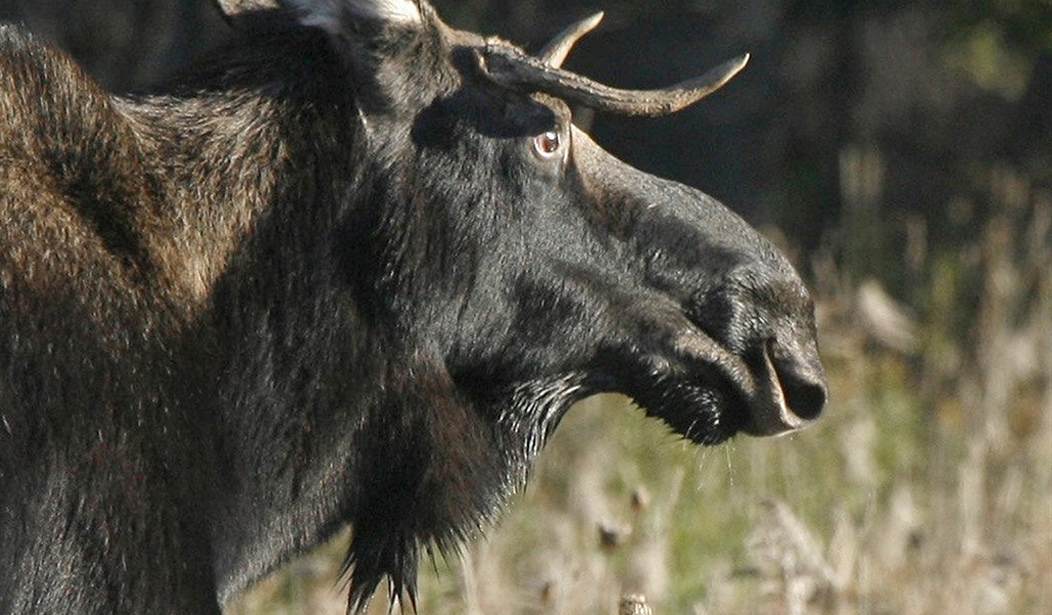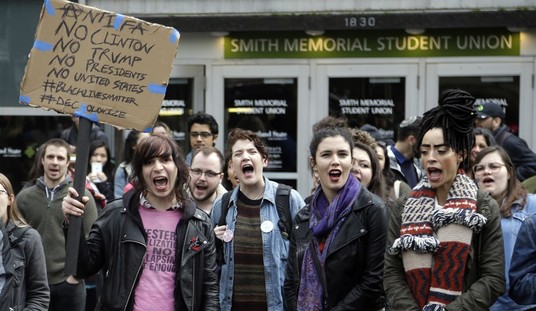Let’s say you’re a big fan of cheesy, classic moose cartoons…
…or that you’re a fan of heartwarming wildlife videos, taken in the…WATCH OUT!!
He’ll be RUNNING YOU DOWN LIKE A JUGGERNAUT!!!
Meet the magnificent moose! pic.twitter.com/EOFHt8PZra
— 🍊🍊❌ Ⓑυƈƙαɾσσ Ⓑαɳȥαι ❌🍊🍊 (@Buckaro_Banzai) March 7, 2023
Whew. That was close.
And if you thought that moose was dangerous, you haven’t seen anything yet.
Scientists™ in Norway have determined moose are well on their way to mowing us all down, in a climate change manner of speaking.
Don’t mess with moose. They’re big, they’re strong — and now researchers say they may be contributing to climate change. Yes, research suggests that moose may factor into a dramatic reduction in the amount of carbon stored in some forests.
You see, it’s not a moose fart, problem – oh, no. It’s much more insidious. The first thing these pillars of Science™ noticed was that moose are, to use the scientific vernacular, “really YUGE.” Having vacationed for a number of summers in my youth at Moosehead and Eagle Lakes in Maine as well as dets to Alaska while active duty, I can confirm that, without a college degree of any sort.
They’re big suckers.
In case you did not know, Moose are really big pic.twitter.com/dvsNDcjpF2
— Vala Afshar (@ValaAfshar) March 5, 2023
From that starting hypothesis, they went boldly into the depths of the Norwegian forests and, after much research carried out under life-threatening, moose-infested conditions, the Scientists™ determined the following:
Moose eat a LOT…and are not dainty high-steppers.
…Wherever they feed, the large mammals trample vegetation, affect tree growth and change soil composition with copious amounts of urine and dung. That’s partly due to their voracious appetites — adult moose can eat up to 60 pounds of food per day.
…It turns out moose disrupt that storage in a big way. Writing in the Journal of Geophysical Research: Biogeosciences, researchers said they analyzed 11 years of data on moose in Norwegian forest areas that had been cleared for lumber. Usually, the forest rebounds, and saplings and bushes quickly grow back. But when moose are on the loose in these areas, they graze on any and all vegetation, snacking on the saplings that would eventually repopulate those areas of forest and sequester carbon.
The moose mostly ate birch, rowan and willow trees. The researchers estimate that by eating up potential carbon sinks, the moose consume the equivalent of 10 percent of the entire Norwegian forestry industry’s annual harvest, cutting carbon storage by up to 60 percent in those areas.
Bull moose average from 800-1500 pounds and stand over 6 ft at the shoulder – the shoulder. Cows are smaller, but still up to half a ton. That much avoirdupois takes a fair amount of fuel to grow and keep nourished. How is any of this news?
Well, it wasn’t until we were all worried about carbon sinks, etc.

Now they want to “balance” the moose. I know what that’s a euphemism for, having not fallen off the cabbage truck yesterday.
…Researchers claim that moose are potentially a leading cause of climate change and that the species should be balanced, suggesting they are “one of the biggest potential single sources of carbon emissions from wooded parts of Norway.”
…The solution suggested to the latest climate change theory was to balance moose numbers and forest management in an effort to limit CO2 emissions. “We don’t only regulate the amount of animals, we very carefully regulate the proportion of females, males and calves. So there’s a stronger management for moose than for most livestock in Norway,” Francesco Cherubini, director of IndEcol Programme said. “I think as we get more of an understanding of how all these different things are interrelated, land managers could come up with an optimal plan. That could be a much-needed win-win solution for climate, for biodiversity and for timber value.”
There also seem to be quite a few mentions of the “timber industry” through this report ostensibly whining about moose impacts on climate. Makes you kind of wonder if the “timber industry” doesn’t have a moose problem more than Gaia does.
Luckily for the timber industry, it looks like we’ll have a few more years to deal with moose, and see if they can figure it out.
Greta Thunberg deleted a Tweet from 2018 saying the world would end in 2023 because of climate change because the world has not ended in 2023 because of climate change. Close call, she almost nailed it. https://t.co/z8erUxnh3y
— Clay Travis (@ClayTravis) March 12, 2023
This year’s climate extinction has been canceled. No word on the new date.
Get busy.








Join the conversation as a VIP Member